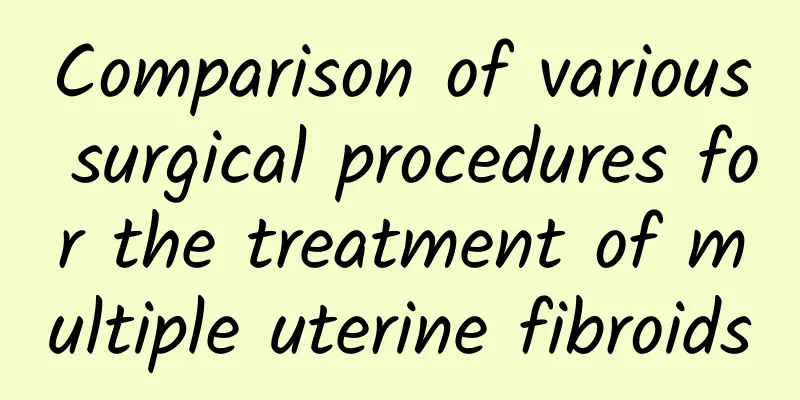Non-surgical treatments for ectopic pregnancy

|
Non-surgical treatments for ectopic pregnancy include expectant management, drug therapy, and interventional therapy, which should be carefully selected based on the condition. Expectant management Patients with no clinical symptoms or mild clinical symptoms; ectopic pregnancy mass diameter <3cm, no fetal heart beat, no intra-abdominal bleeding or estimated intra-abdominal bleeding less than 100ml; blood β-human chorionic gonadotropin <1000mIU/ml and continuously decreasing. Patients should rest at home and come to the hospital for a weekly re-examination of blood β-human chorionic gonadotropin. If abdominal pain worsens during this period, they should seek medical attention at any time. Drug therapy Drug treatment is suitable for patients who have fertility requirements, especially those with ectopic pregnancy whose contralateral fallopian tube has been removed or with obvious lesions. It is suitable for patients with no obvious abdominal pain, a maximum diameter of a mass of 3.5~5.0cm, β-human chorionic gonadotropin <2000~3000mIU/ml, stable vital signs, no signs of active intraperitoneal bleeding, and normal liver function and blood count. The commonly used drug is methotrexate, 50mg/m2 intramuscular injection per day. 4~7 days after administration, the blood β-human chorionic gonadotropin decreases by less than 15%, and the drug can be repeated. It takes an average of 35 days for blood β-human chorionic gonadotropin to drop to normal, and pay attention to monitoring blood routine and B-ultrasound. In recent years, some scholars have used mifepristone for conservative treatment of ectopic pregnancy, but there is no conclusion yet. Interventional therapy After angiography, 50-100 mg of methotrexate is slowly injected into the uterine artery. If the gestational sac is large, 500 mg of 5-fluorouracil is added. After the infusion, the uterine artery is embolized with absorbable gelatin sponge particles. After the embolization, the patient's vital signs are closely observed, and blood β-hCG and ultrasound are checked weekly. Due to its high cost, it is currently only used in the treatment of some special types of ectopic pregnancy. |
>>: Treating vaginitis with TCM differentiation of symptoms
Recommend
A brief analysis on the prevention of cervical precancerous lesions
Effective methods to prevent cervical precancerou...
What tests should women take to check for uterine fibroids? What department should women go to to check for uterine fibroids?
What tests should women take to check for uterine...
What harm does uterine fibroids have on menstruation? Does uterine fibroids affect menstrual volume?
What harm does uterine fibroids have on menstruat...
Fruit calorie bomb! 1 durian 3,000 calories
Fruits are rich in vitamin C and contain a variet...
Summer weight loss campaign! 6 Easy-to-Eat Fruit Salads
If you want to lose weight successfully, diet is ...
What tests are needed for pelvic peritonitis?
Pelvic peritonitis is a common gynecological dise...
Do you know what are the factors that induce vulvar leukoplakia?
Do you know what are the factors that induce vulv...
What are the dietary considerations for endometrial tuberculosis
In recent years, the incidence of endometrial tub...
How to perform surgery for ectopic pregnancy
Ectopic pregnancy is a type of ectopic pregnancy....
Which is more harmful, artificial abortion or medical abortion? Comparison of artificial abortion and medical abortion in four aspects
Surgical abortion and medical abortion are both v...
Are these conditions all signs of cervical hypertrophy?
Although cervical hypertrophy is a common gynecol...
How to prevent chronic adnexitis
Chronic adnexitis is a common disease among women...
5 tips to prevent premature ovarian failure
As women age, their ovarian function will gradual...
What to add to Angelica to treat uterine fibroids?
What to add to Angelica sinensis to treat uterine...
Common symptoms of pelvic inflammatory disease in women
Pelvic inflammatory disease is a disease with a h...









